Market Share
Foldable Display Market Share Analysis
The market share positioning tactics for foldable displays in the global market are pivotal for businesses seeking a competitive edge in this dynamic and rapidly evolving industry. One prime tactic is differentiation through technological invention. Businesses strive to develop and showcase unique features that set their foldable displays apart from competitors. This could include advancements in screen durability, hinge mechanisms, and overall device performance.
Product diversification is also a prevalent market share positioning tactic. Businesses aim to offer a range of foldable devices catering to various consumer needs and preferences. This involves foldable tablets, smartphones, and laptops with separate requirements and features. By expanding their product selection, businesses can target other market segments and capture a larger share of the general global market for foldable displays.
Brand standing and trust-building are focal components of market share placement. Determining a strong brand existence and advancing consumer trust is critical for long-term success in the global market for foldable displays. Businesses that constantly distribute reliable and high-quality foldable devices can build a convincing brand image, drawing repeat customers and inducing acquiring decisions.
Strategic corporations and alliances are becoming progressively critical for market share positioning in the global market for foldable displays. Businesses are forming alliances with other display manufacturers, technology businesses, and even content creators to improve their product range. Cooperation can result in the development of more refined and advanced foldable displays, creating a competitive advantage.
Market segmentation is an additional tactic businesses engage in to improve their market share positioning. Identifying the diverse demands of consumers and adapting products to certain demographics or use cases can be highly effective.
Continuous customer engagement and feedback mechanisms are pivotal to market share positioning tactics. Businesses that vigorously pursue and respond to customer feedback can modify their products to fulfill developing preferences. Retaining with customers through customer forums, social media, and other avenues nurtures a sense of community and loyalty, backing to replicate business and progressive brand perception.
In the end, market share placement tactics in the global market for foldable displays incorporate a variety of approaches, including pricing tactics, market segmentation, product diversification, strategic partnerships, technological invention, customer engagement, and brand reputation. Businesses that successfully navigate and apply these tactics can establish a strong foothold in the competitive global market for foldable displays, guaranteeing sustained development and achievement in this promptly evolving industry.

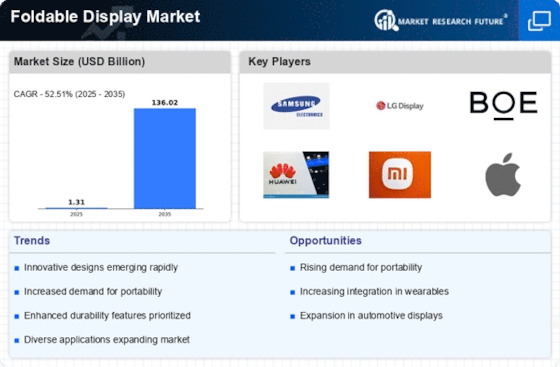

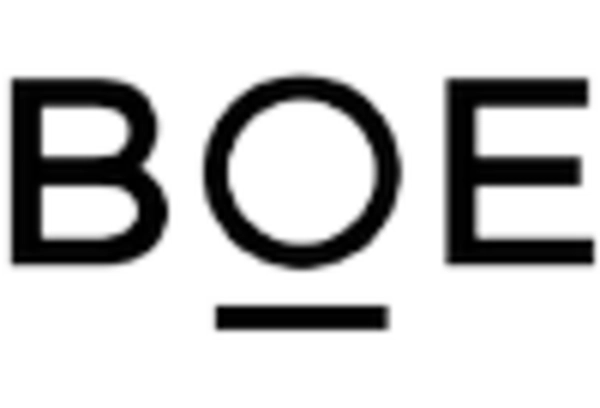
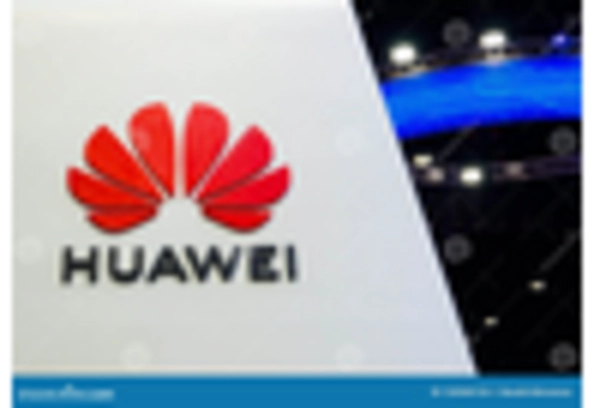
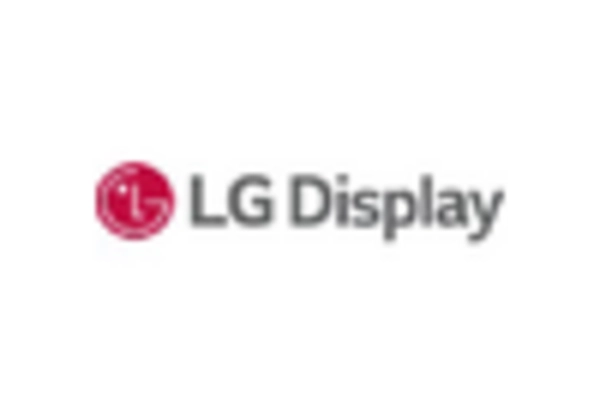

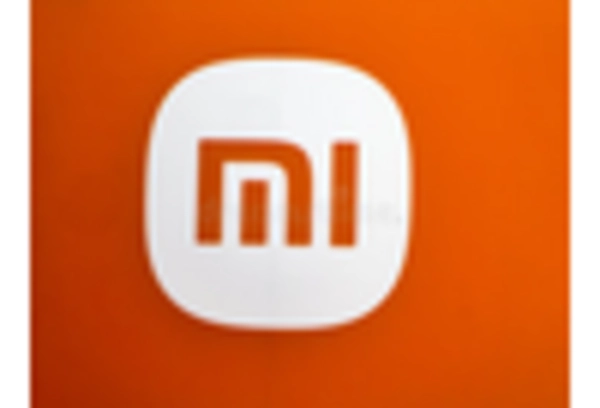









Leave a Comment